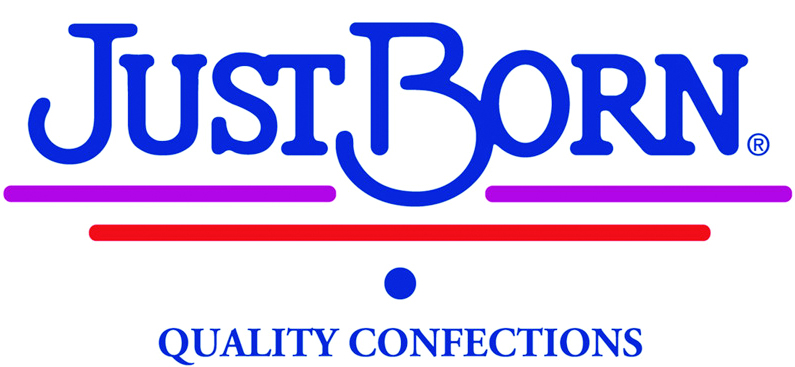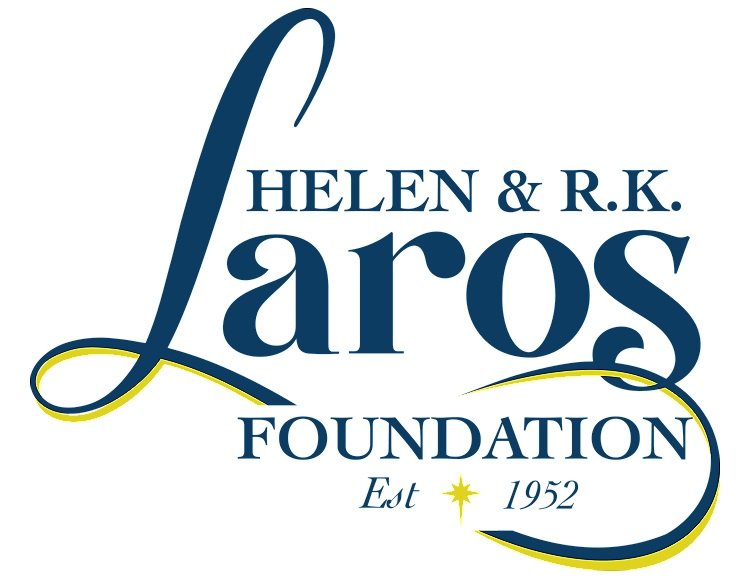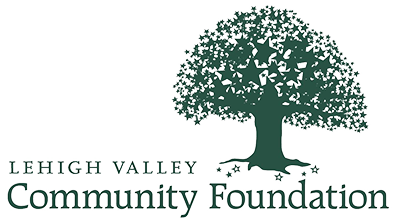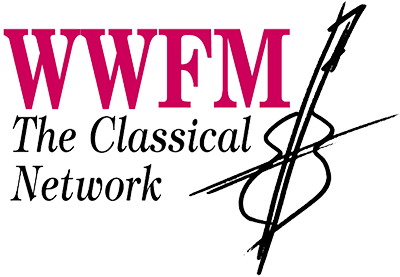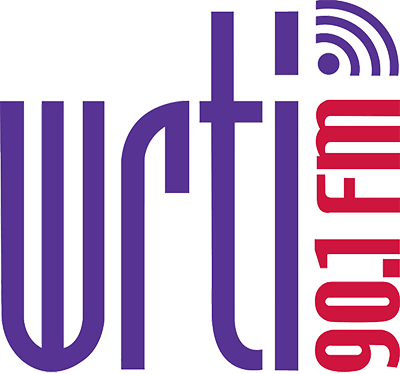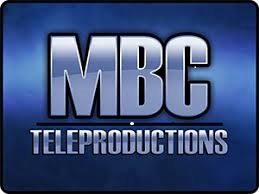
Diving right into the deep end for our first rehearsal at Packer, The Choir and the Bach Festival Orchestra spent an intense 2 1/2 hours last night singing and playing through all the choruses of the Mass in B Minor, a run-through of the opening chorus of the St. John Passion, and some small group work on the motet, Jesu, Meine Freude. It was an exhausting evening (the week leading up to the Festival always is), but intensely rewarding. Returning to the Mass each year is one of the chief joys of singing with The Choir. Most choirs, if they’re lucky, get to visit it, at most, a once or twice every several years. At the heart of our Festival for 103 years, the piece is a joy to perform, and with each passing year, individual members become more and more sure of the music – it almost becomes a sort of musical lifeblood. Complacency is never allowed, however – there’s no autopilot in singing this music.
There was no autopilot, but lots of joy and affection in our singing of Happy Birthday to our beloved conductor, who celebrated his birthday yesterday. Many happy returns!
The first taste of the St. John, last performed by The Choir in 2004, was a treat. I remember having a sort of Mozartean response to it the first time I heard it. My high school organ teacher loaned me a recording, and I retreated to our den, eager to hear how Bach would approach the passion narrative. Having already heard and loved the Mass and several cantatas at the Festival, I knew it would be something spectacular, but I was unprepared for the directness and pathos with which Bach tackles the subject. Of the two surviving Passions of Bach, I think of the St. Matthew as being cosmic in scope: from the forces deployed (double choirs and orchestras) to the epic counterpoint employed in the opening chorus and some of the turba choruses, to the halo of strings that surround the voice of Jesus in recitative, this is music on a grand, almost operatic scope. The St. John, however, feels (and is) smaller, more intimate, but also as precise as a laser beam in its depiction of the events of the Passion.
With these two towering masterworks on the program, it’s hard to imagine what else might be on offer to accompany them. Fortunately, Greg Funfgeld’s genius in programming is on full display in the organization of this Festival. Friday afternoon audiences will get to hear two of the finest baroque singers active today, Daniel Taylor, countertenor, and Julia Doyle, soprano, offer Bach’s adaptation of Pergolesi’s Stabat Mater. The liturgy of the Lutheran Church in Bach’s lifetime had little use for Marian devotional music, so, ever the tinkerer, Bach overlaid the text of Psalm 51 over the music of the Stabat Mater, and also couldn’t help himself in adding an independent viola part to the orchestration of the strings (Pergolesi’s viola part mostly doubles the continuo instruments). Last year’s audience will recall with admiration the stunning performances of the Stabat Mater, and should look forward to seeing this music through the prism of Bach’s enhancements. Sharing the program with Psalm 51 will be Bach’s early motet, Jesu, Meine Freude, which is a genius treatment of the text and melody of the hymn of the same name.
Festival attendees have the option of two different instrumental concerts for Saturday morning. At the First Presbyterian Church of Bethlehem, Greg Funfgeld and Tom Goeman, both accomplished organists, will offer a performance of the Great Eighteen chorale preludes for organ. Partisans of the organ often contend that Bach’s compositional genius is on no better display than in his organ works (as an organist and a singer, I’m torn), and the Great Eighteen will offer to listeners a persuasive argument on behalf of his particular skill in writing for the organ. Greg will offer commentary on the pieces, and it should be a thoroughly enjoyable morning of music for the King of Instruments. This concert is as 10:30 am.
I will let Liz Field, our deeply gifted concertmaster, introduce the program she’s organized with her fellow instrumentalists for Saturday morning at 10:30 am, at Peter Hall, on the campus of Moravian College.
[youtube http://www.youtube.com/watch?v=3JvKb2ZkM_g&w=560&h=349]
Liz and her colleagues are equally at home on period and modern instruments, and Zimmerman’s Coffee House presents an excellent opportunity to hear Bach’s music from an enlightening historical perspective. Peter Hall is also a great, intimate venue for this performance.
Tomorrow I will write more on the two wonderful lectures on offer, one by the Don of Bach Scholars (not an official title, but, like the “Godfather of Bach,” it somehow seems apropos), Dr. Christoph Wolff, and the other by local musical genius, Dr. Larry Lipkis. Both are serious musical heavyweights and engaging speakers. I’ll also update with word from tonight’s rehearsal, where we’ll be welcoming the English tenor, Charles Daniels, who will be singing the role of Evangelist at this weekend’s performances.














